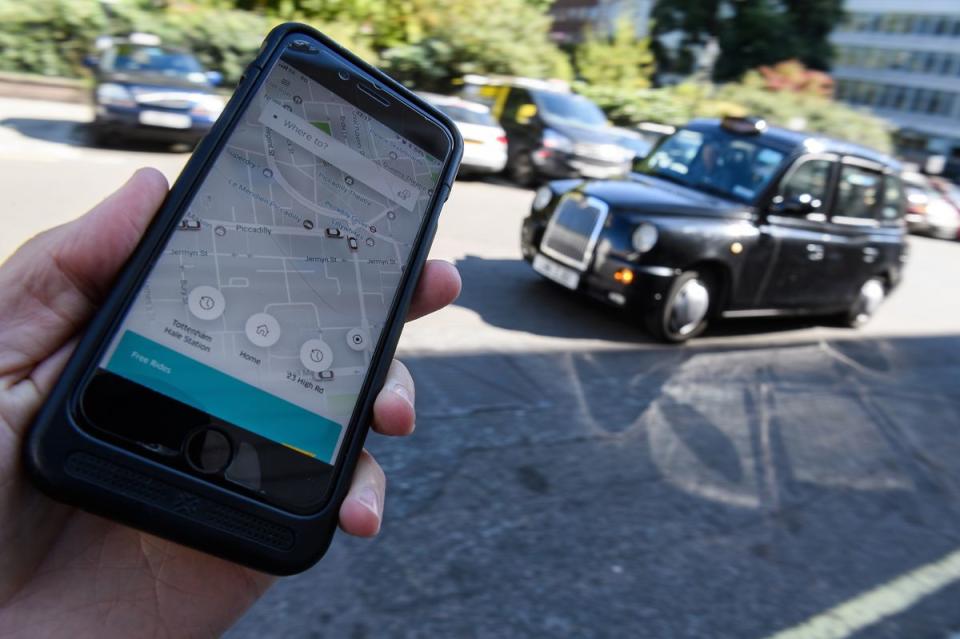Uber could be pursued for '£1bn unpaid VAT' after key European court ruling

Uber could be chased for an unpaid £1bn VAT bill following a key ruling from Europe’s top court.
The European Court of Justice (ECJ) says the taxi-hailing firm is a transport company not a digital service and, as such, should be subject to regulation.
It also means that the taxman could revisit a decision not to pursue Uber for unpaid VAT.
MORE: York becomes third English city to ban Uber
Tax barrister Jolyon Maugham QC took action in the High Court earlier this year arguing the company should provide him with a VAT receipt so that he could claim the money back from HMRC because the a ride he took in a Uber cab was a business expense.
Maugham told the Financial Times in June that it was “perfectly plausible” the total bill for unpaid VAT could be £1bn.

In its ruling, the ECJ said that a service whose purpose was “to connect, by means of a smartphone application and for remuneration, non-professional drivers using their own vehicle with persons who wish to make urban journeys” must be classified as “a service in the field of transport” in EU law.
The verdict paves the way for national regulators, including in the UK, to introduce stricter employment or tax laws on technology companies that offer traditional services.
Uber maintains the verdict would make little difference to the way it operated in Europe.
A spokesperson for Uber said: “It is appropriate to regulate services such as Uber and so we will continue the dialogue with cities across Europe. This is the approach we’ll take to ensure everyone can get a reliable ride at the tap of a button.”
MORE: MPs demand law shake-up to protect gig economy workers
Three UK cities – London, Sheffield and most recently York – have moved to ban Uber from their streets.
Councillors in York suspended its licence to operate, pending an appeal, citing concerns about a huge data breach.
Uber had its licence suspended in Sheffield after it failed to respond to official requests about its management.
And Transport for London decided not to renew Uber’s licence after it deemed the firm “unfit” to run a taxi service.
MPs in October criticised HMRC for failing to investigate the way Uber handled VAT. Meg Hillier, the Labour MP who chairs the public accounts committee, said it was “extraordinary” there had been no formal probe.
“HMRC has been slow to react to new business models,” she said. “It needs to be much more adept at working out how working practices are changing and the disrupter businesses out there need to be examined.”
MORE: Your Uber car could be driverless within 2 years
HMRC has argued that it has tested the relationship of new, tech businesses and tax laws but has come up short on at least six occasions since 2014.
In evidence to the PAC in November, Jon Thompson, chief executive of HMRC, said they were keeping a close eye open on the outcome of EU judgments.
He said: “We will monitor the two ongoing legal cases; depending on how they land, we will take further counsel’s opinion and we will test it again.”

 Yahoo Finance
Yahoo Finance 
